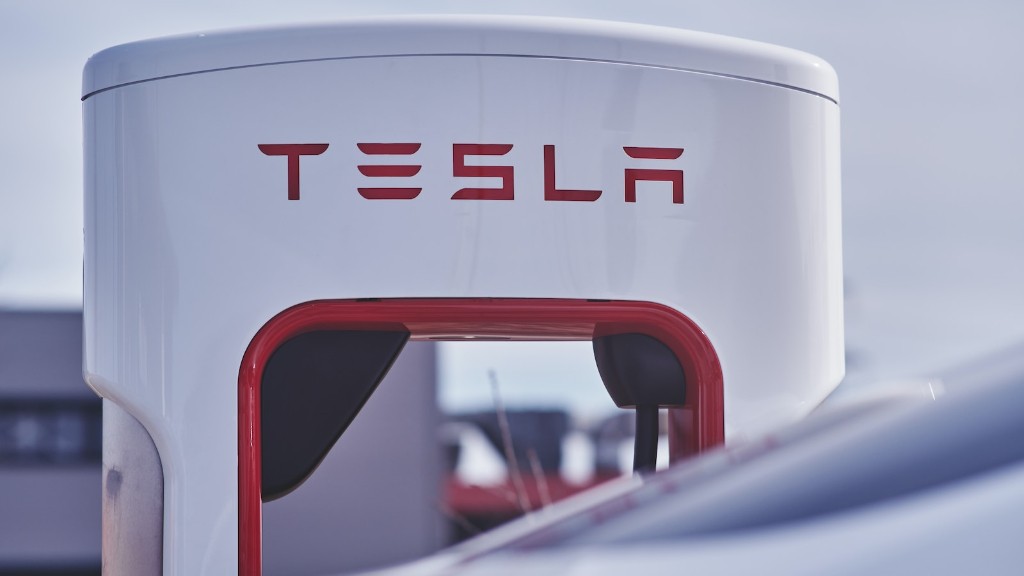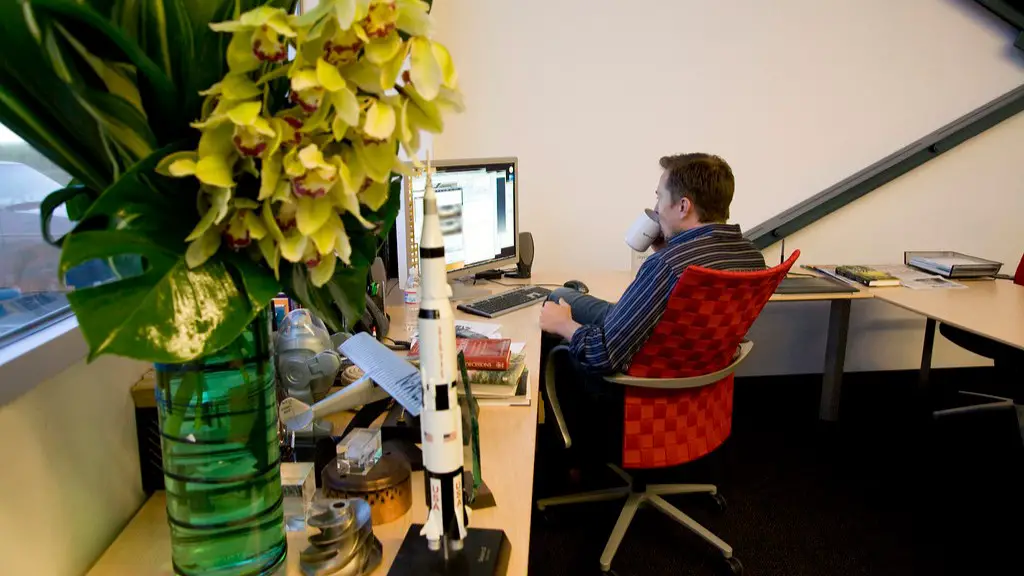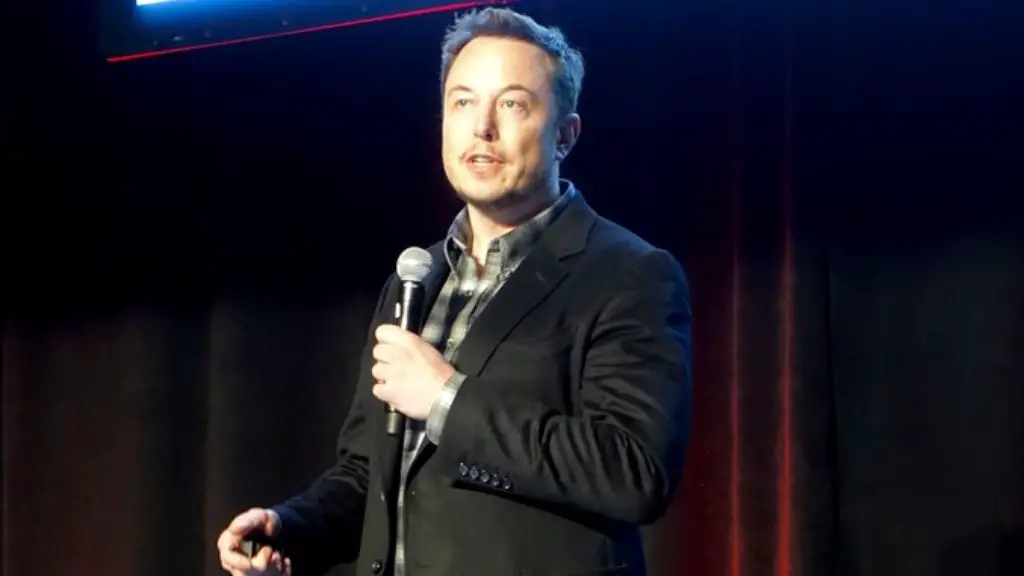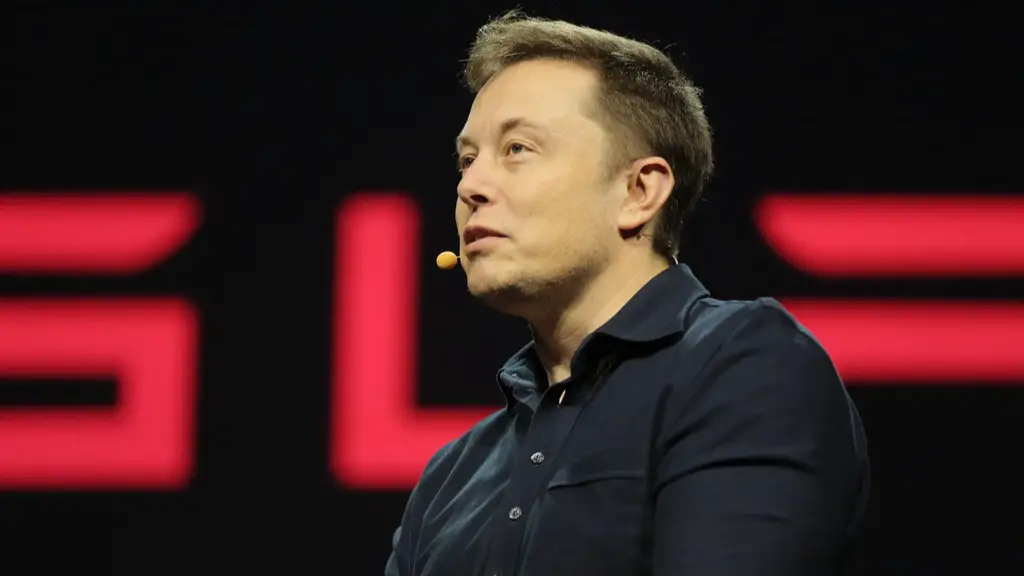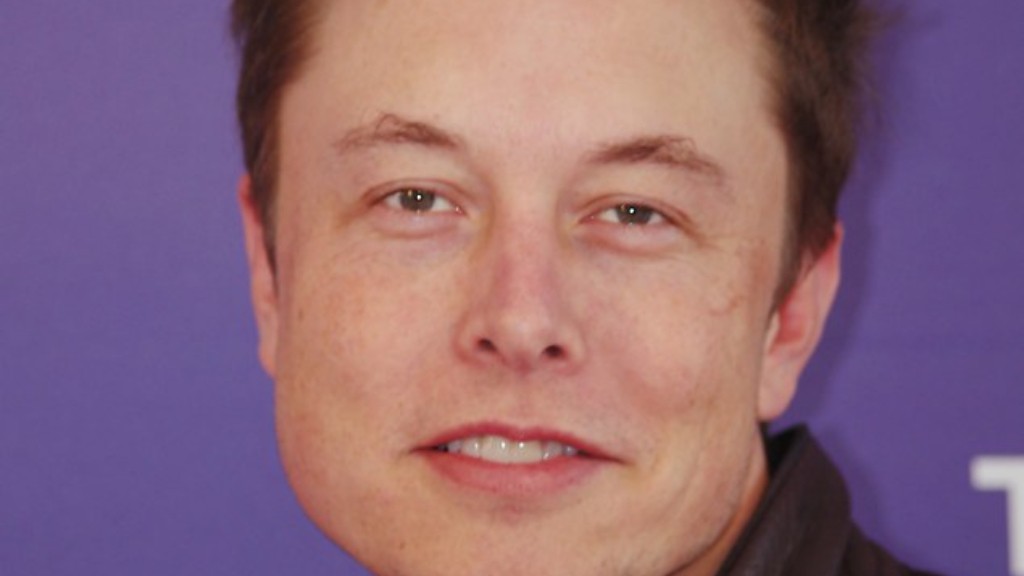Elon Musk, most well-known for his work in Tesla Motors and SpaceX, has recently made waves again with his mission to send humans to space. But, how much will it actually cost? Bon voyage, but with a hefty price tag.
One of the key factors influencing price is the type of rocket used. SpaceX has a range of vehicles, with fees for the Falcon family depending on height and weight. The most powerful, Falcon Heavy, costs $90 million for a standard mission. Additionally, there is a charge for any hardware provided for a mission, usually in the form of satellites or capsules.
Secondly, there is the onboarding cost. This involves activities such as training and preparing the astronauts and any accompanying cargo for the trip. According to a private astronaut advisor, the fee could be in the hundreds of thousands of dollars per person.
Thirdly, there is the transportation cost. Musk has previously divulged that a SpaceX mission will cost $52 million per person. Recently, he has suggested that passengers can expect to pay even more. With the high demand, those seeking the opportunity to travel to space must have expendable income.
However, a person’s travel to space does not begin and end with the vehicle. The logistics and safety of astronauts need to be considered, as well as the usability of the space shuttle itself. Safety requirements add expenses before lift off, with possible upgrades for the shuttle or additional technology onboard.
Additionally, space travel also incurs costs after lift-off. Musk has previously noted that, if the shuttle were to be reused for future voyages, then maintenance and replacement would need to be taken into account.
Finally, the cost will be affected by the destination. After lift-off, the shuttle must travel to its destination. Missions to the International Space Station (ISS) require additional fees for the space shuttle to remain there for extended periods.
Media Expectationality
The media’s keen anticipation of Musk’s mission has been palpable, evidenced by its overwhelming coverage. The initial news reports characterized the mission as one that was financially achievable, but this was an oversimplification.
The media often underestimate the expenses of the mission, some citing the $52 million fee skilfully espoused by Musk during interviews. However, the true cost may be much higher, depending on the components added on.
Subsequently, this leads to the misconception that space exploration is financially accessible for anyone. This may be true to an extent, but the reality is that it is still an expensive feat. As a result, the tantalizing prospect of space travel may remain an abstract idea for many.
Nature of Exploration
Furthermore, the nature of the mission itself makes it expensive. For starters, the route and terrain need to be known. Charting a course requires highly-skilled professionals, as well as a considerable amount of research to be done. Coupled with expensive safety protocols, these activities definitely contribute to the cost.
In terms of the passengers, they also require some level of training, as well as medical checks to ensure they are mentally and physically fit to undertake a mission of this sort. Moreover, the extra cargo must be carefully taken into consideration, as what they bring along may increase the cost of the trip exponentially.
Limited Seats
The number of people in each mission also has a considerable impact on cost. Although the rocket itself contributes a fixed fee depending on weight and distance, the onboarding cost can change significantly depending on the number of people. Therefore, the fewer passengers there are, the higher the overall cost.
The same goes for additional cargo. As the freight per person for a mission is limited, any request for additional equipment, say for research purposes, could mean sacrificing precious space for passengers, resulting in an increase in cost per person for the mission.
Competitors in the Space Market
Finally, the cost of travelling to space could also be affected by external factors such as competition. SpaceX is the first major contender in the space transportation market with its reusable, private vehicles. However, there are other companies, such as Virgin Galactic, which plans to provide suborbital flights to space tourists and research teams.
Competition in the market could create lower prices, making space travel more accessible, or inversely, certain companies may hike rates to avoid a price war. In either case, external forces can cause immense fluctuations in prices.
Assessment of Networks
The really interesting thing about space travel is that it not only requires a quality, efficient rocket but also extensive networking between passengers, spacecraft and rockets. To assess the power of these networks and ensure a smooth journey, processes such as pre-flight checks, analysis of flight time and safety protocols must be established. Oftentimes, to guarantee the safety of passengers, an extra buffer may be required.
These processes, although essential, tend to increase the cost of the mission. This not only applies to direct costs, like equipment and equipment installation, but also indirect costs, like labor. Consequently, such systems can cause prices to soar.
Elon Musk’s Influence
Musk has brought space exploration from a far-away dream to potential reality, making him the face of modern space agencies. His company, SpaceX, has become a leader in developing space technology, thus ushering a new age of exploration. Subsequently, the expectation of space exploration, as well as its prices, have been changed by Musk’s ambition.
Thanks to Musk’s work, the cost of space travel has come down substantially. Already, other agencies are attempting to emulate his success and offer similarly affordable solutions. This means that space travel will become increasingly available in the near future.
Advances in Space Technology
The technology that allows us to explore space is ever-evolving. This is thanks to improvements in engineering, as well as materials research. Such advances in research make space exploration infinitely safer and more efficient, paving the way for lower costs.
Additionally, most spacecrafts also come with features that allow them to be more than just a transportation vehicle. Features such as power supplies, enhanced radiation protection and custom onboard computers can add to the convenience of the mission, as well as reduce the cost for passengers.
Propulsion Systems
The way in which the vehicle is propelled into space has a great influence on the cost of the mission. Musk has perfected the idea of reusable launch vehicles, which requires minimal expenditure in its components. This, coupled with his talent for engineering and problem-solving, has made space travel much more accessible.
Modern rocket propulsion technologies also allow us to venture further and faster. Destinations that once seemed unreachable can now be imagined. Furthermore, the speed and efficiency of the journey has increased drastically, ultimately reducing the cost for the passengers.
Fuel Costs
Fuel costs are a significant factor in the overall cost of the mission. Thankfully, developments in the chemical sciences have allowed the storage of fuel in a much more efficient manner. This has decreased the amount of fuel needed, or the efficiency of the fuel used. As a result, the cost of the mission can be minimized.
Moreover, SpaceX manufactures its own fuel, primarily made up of liquid oxygen and kerosene. This not only lowers the cost of the mission, but also creates independence in areas of fuel procurement. Consequently, Musk’s mission is much less dependent on finite resources, further reducing the cost.
